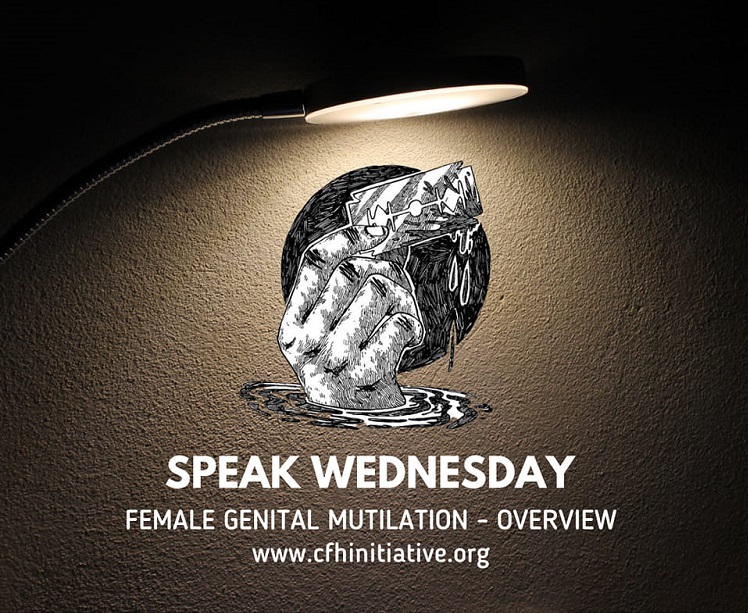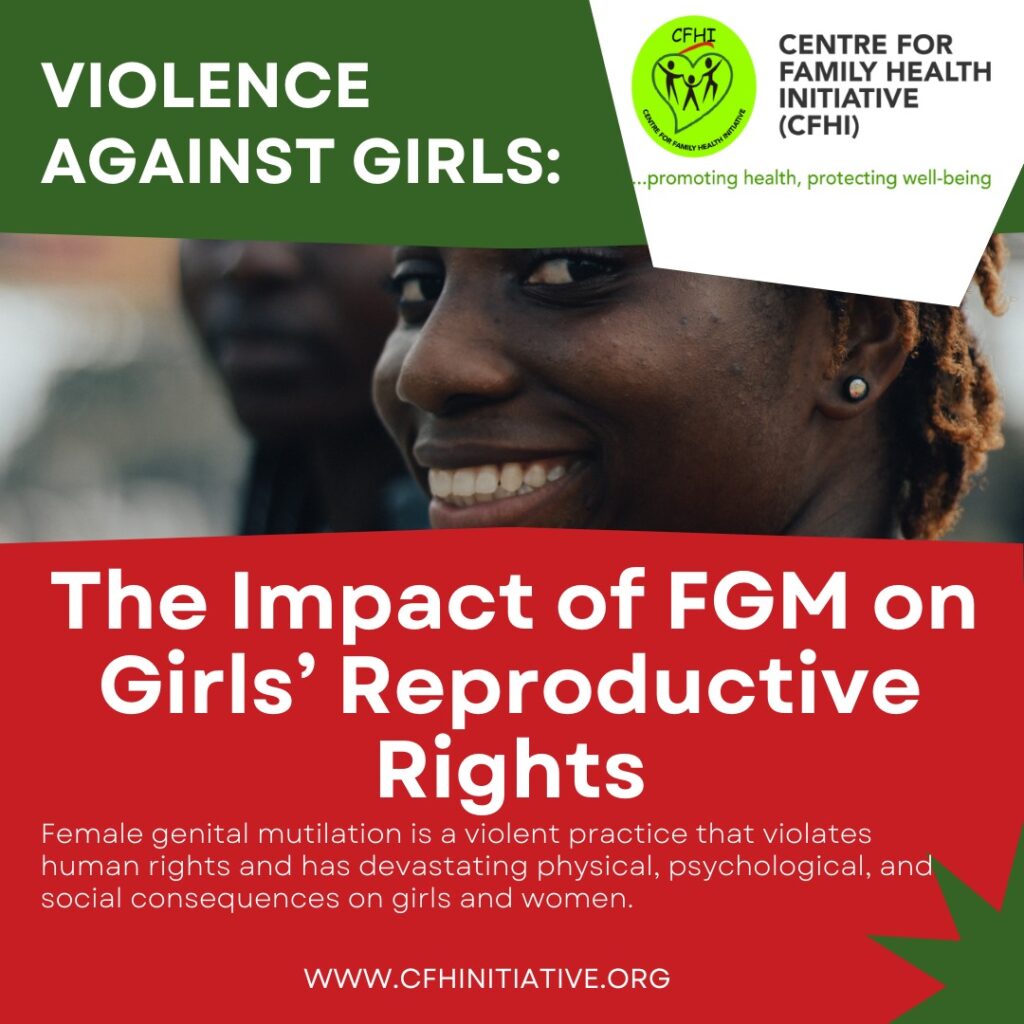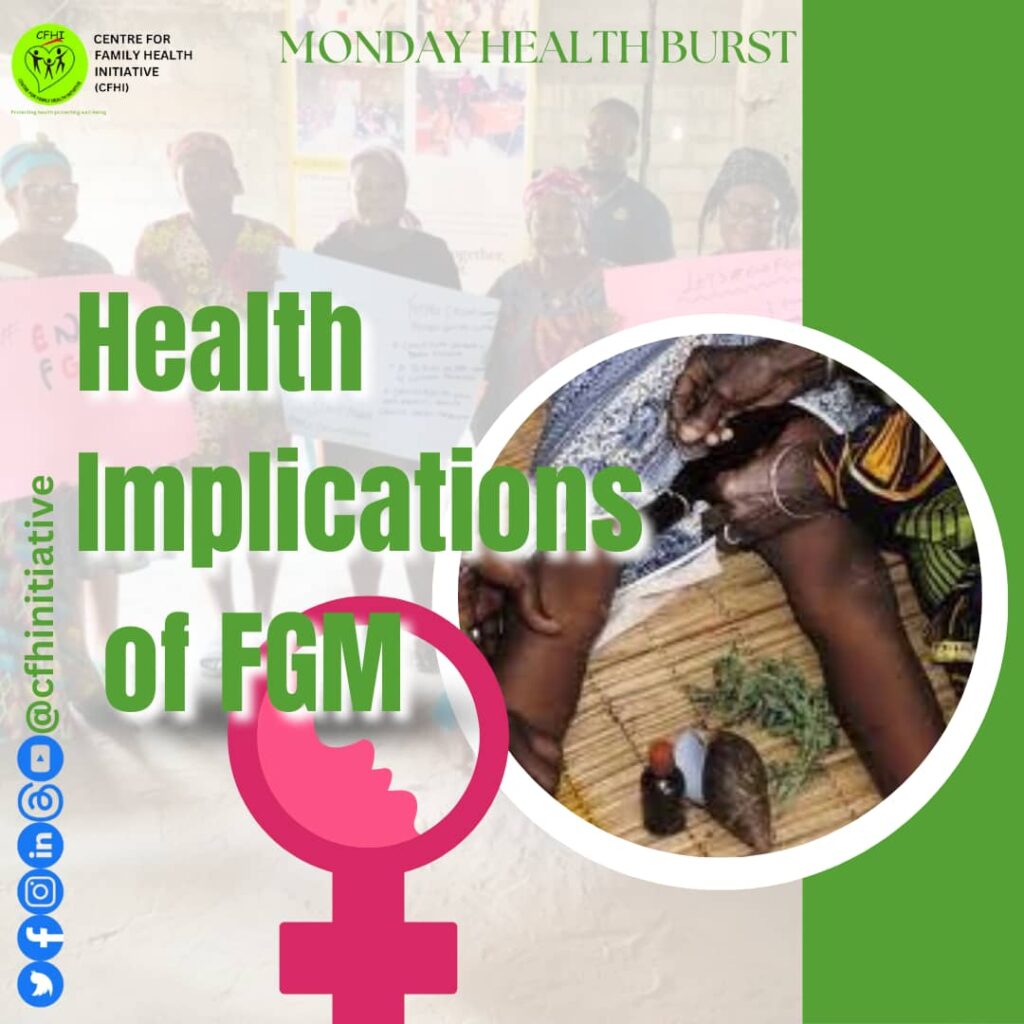Following the expository overview of the practice of female genital mutilation (FGM) last week, there is no gainsaying the fact that FGM has no health benefits for girls and women, but rather constitutes a major risk for women and children who are affected.
Today on Speak Wednesday, we will be discussing one of the long-term complications of FGM which is child delivery complications. There is a high probability that women with FGM tend to experience complications during childbirth. This depends on the type of FGM, meaning the more severe the type of FGM, the more serious the complications.
A study coordinated by @WHO in 28 obstetric centres in 6 African countries including Nigeria shows that deliveries of women who had undergone genital mutilation were significantly more likely to be complicated by caesarean section, postpartum haemorrhage, and prolonged maternal hospitalization than those of women who had not.
Besides being associated with childbirth complications, FGM could lead to obstetric complications that can result in a higher incidence of infant resuscitation at delivery and intrapartum stillbirth and neonatal death.
There is no justifiable reason for FGM. It is a crime against nature’s integrity and a violation of human right, with the risk of causing trauma and leading to problems related to girls’ and women’s mental health and well-being. (WHO,2020)
#EndFGM #SpeakWednesday



